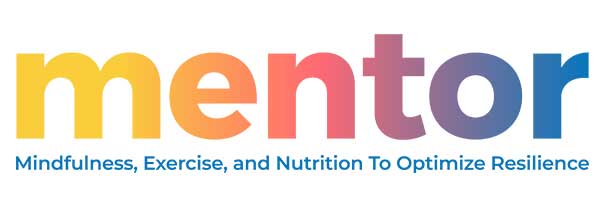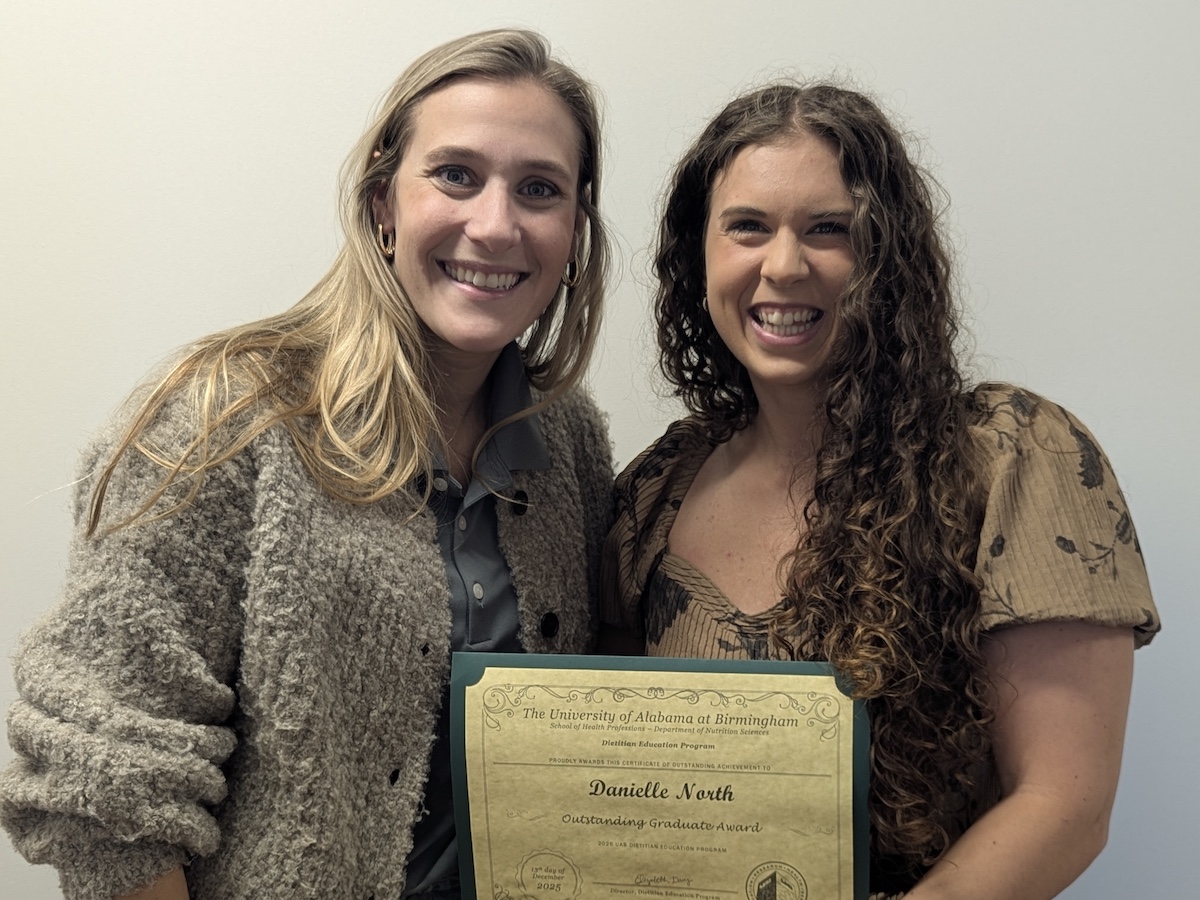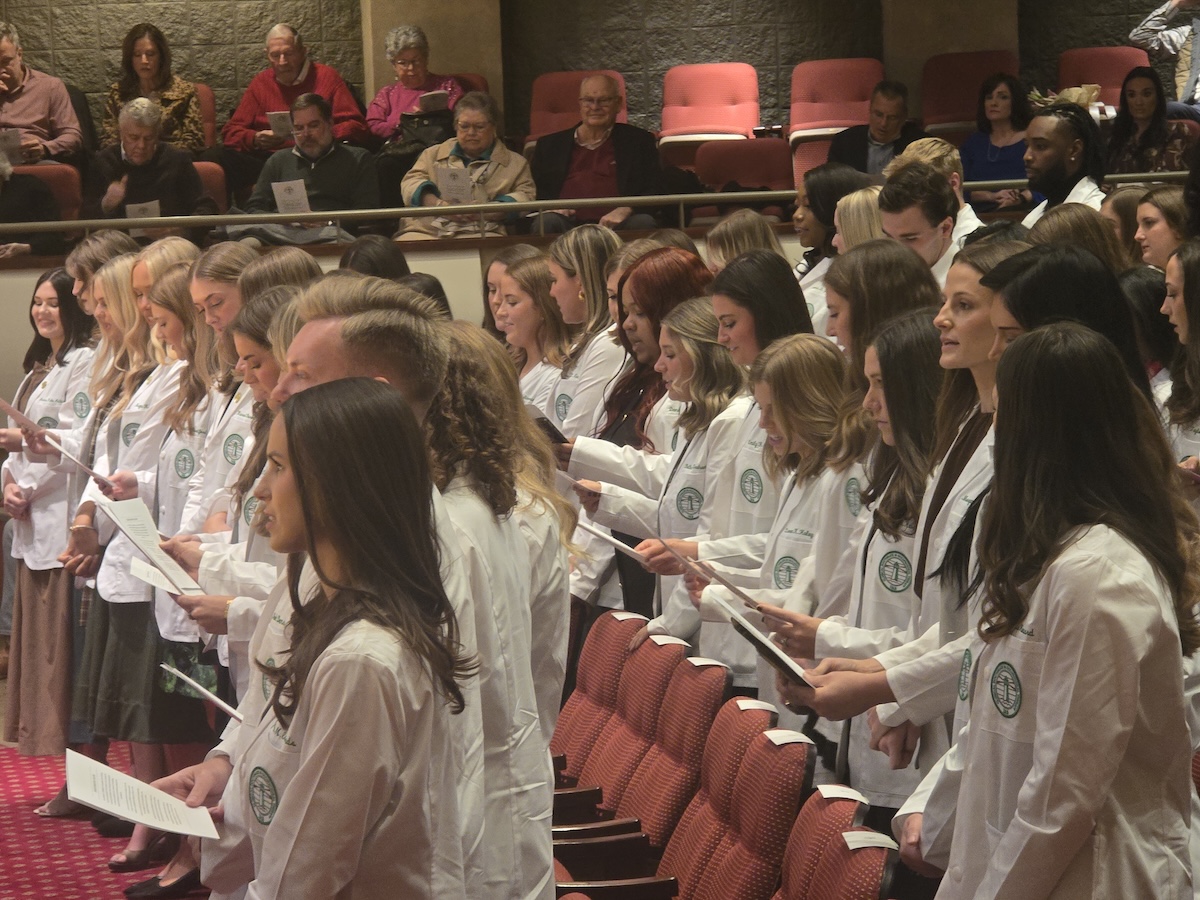The popular Mindfulness, Exercise and Nutrition to Optimize Resilience (MENTOR) is recruiting for its current waves of participants who learn the skills and gain the confidence to thrive as a person with disability living a wholistic life.
 As part of the National Center on Health, Physical Activity and Disability (NCHPAD), and under the supervision of CEDHARS Director Dr. Jim Rimmer, MENTOR is a remote eight-week program funded by the CDC. The program consists of a mindfulness activity, nutrition activity and two exercise activities each week, concluded by a health coaching session.
As part of the National Center on Health, Physical Activity and Disability (NCHPAD), and under the supervision of CEDHARS Director Dr. Jim Rimmer, MENTOR is a remote eight-week program funded by the CDC. The program consists of a mindfulness activity, nutrition activity and two exercise activities each week, concluded by a health coaching session.
“Aside from all the free exercise equipment and perks that you get in the virtual wellness program that you can do from home or from your office, I think the big part of MENTOR that participants find appealing is a sense of community,” said Amanda Jeter, program manager at NCHPAD.
As part of MENTOR, every participant receives and gets to keep a stability disc/wobble cushion, yoga block, yoga mat, sliders, infinity thera bands, small inflatable ball, wrist weights, resistance bands with handles set, exercise peddler, MENTOR water bottle, MENTOR bag and MENTOR journal.
Jeter said it’s rewarding to see early on in a given wave participants will be shy or not know what to expect, but by the end of the eight weeks, the same class will be buzzing with chatter and even connecting outside of class.
In the current iteration of the program, MENTOR has its broadest mission and eligibility to date. Anyone who identifies as having a mobility limitation is eligible for the program, regardless of diagnosis or additional medical flare-ups.
“It’s either a diagnosis or how you identify – either one works,” Jeter said. “We try to make it as broad and inclusive as possible for anyone who wants to participate. We don’t want to turn anyone away.”
Each week, the health coach session is in a different domain: mindfulness, exercise and nutrition. MENTOR has open enrollment and has new sessions starting each month.
“We always try to put the participant experience as number one priority,” Jeter said. “We want them to have a user-friendly portal, we want them to feel comfortable asking questions in classes. We take participant feedback seriously to help mold the program.”
Jeter helped launch MENTOR when it was an immersive five-day research project on Lakeshore Foundation campus solely for people with a spinal cord injury, funded by the Craig H. Neilsen Foundation. After the success of the original two-year project, MENTOR expanded to a community program for people with one of seven mobility limitations: SCI, stroke, spina bifida, traumatic brain injury, Parkinson’s disease, cerebral palsy and multiple sclerosis.
“It’s kind of crazy to see in such a short period of time how we went from needing months to get six people to enroll to now we have 75 people waiting to get scheduled,” Jeter said.
Early on, the “R” in MENTOR stood for recovery, but the program moved away from a medical model, where the program was initially focused on those with an acute diagnosis. Now with more of a wellness-focused social model, the “R” stands for resilience.
Emphasizing participant feedback, Jeter said participants felt like the program went by too fast and wanted to keep going. So, organically there was a Facebook group for MENTOR alumni created, and there is now a weekly coffee club to re-examine the different wellness domains.
“That sense of community is really important to your health,” Jeter said.
Nothing is official, but MENTOR hopes to grow to be inclusive of anyone who identifies as having a disability – not just those with a mobility limitation.

